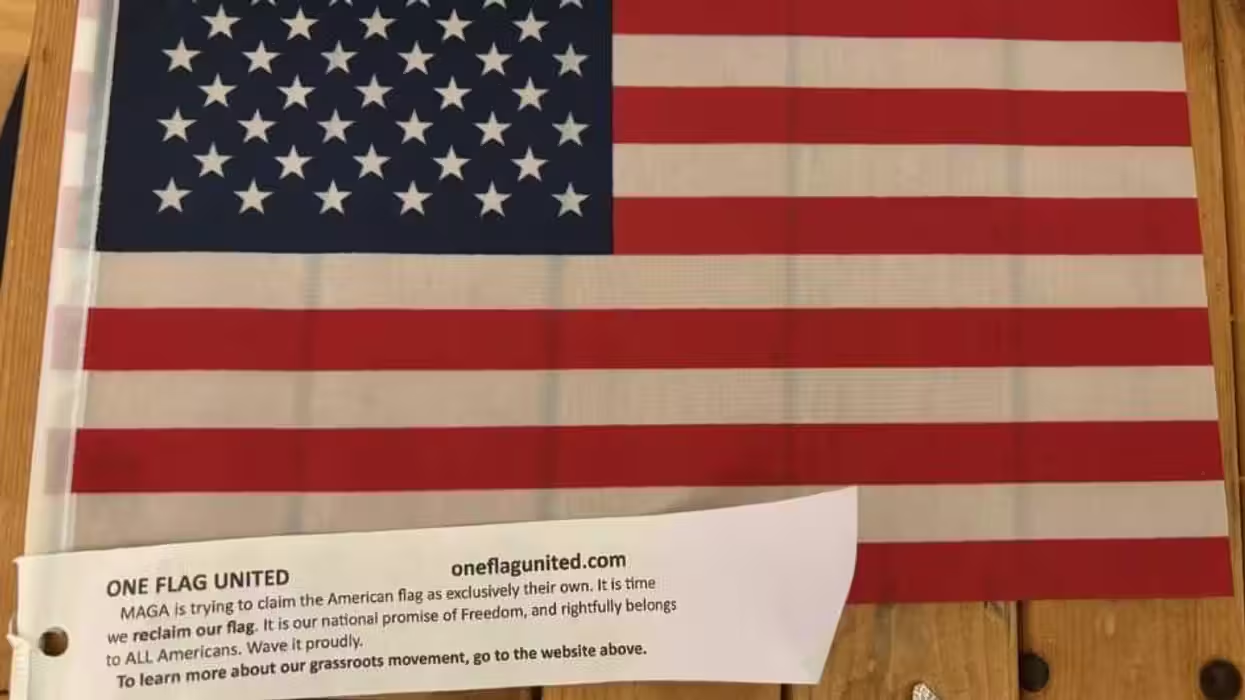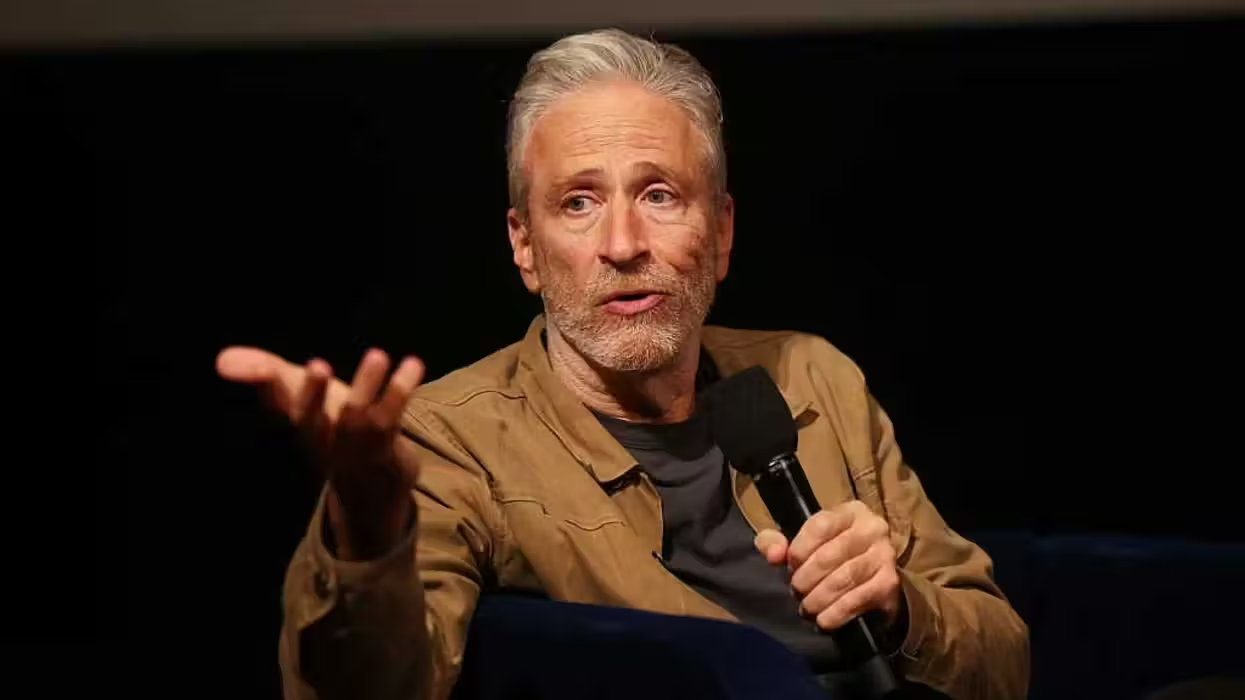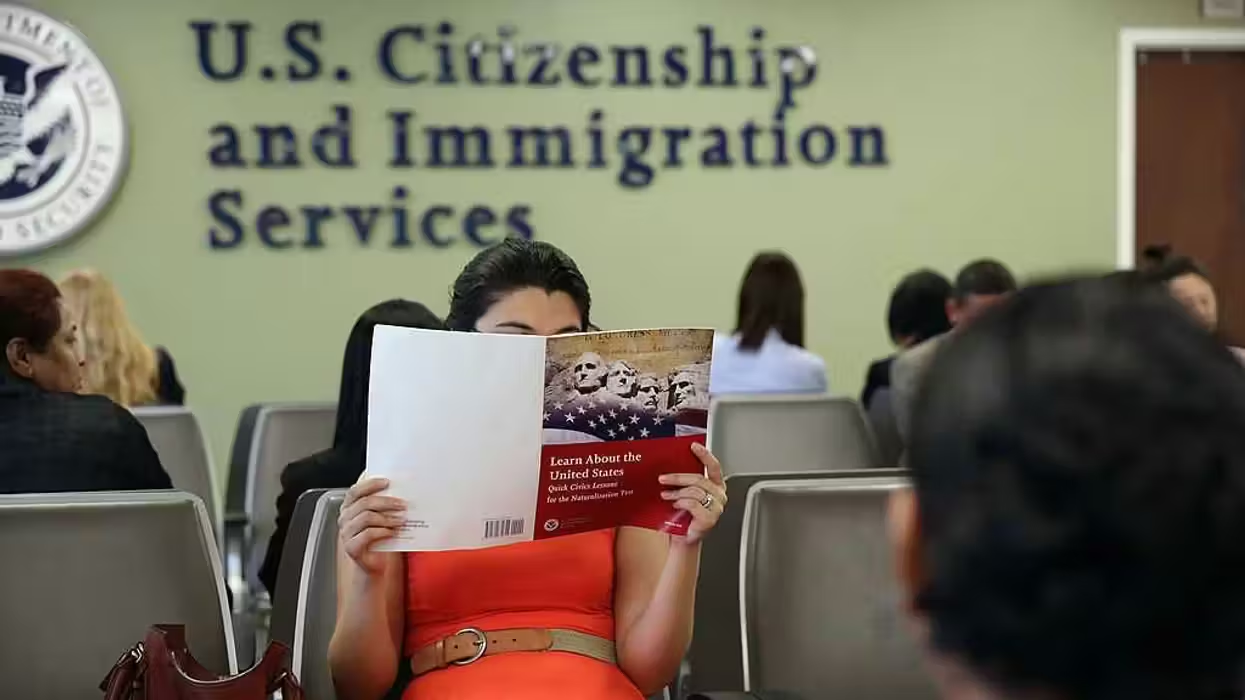On Friday, President Donald Trump issued an executive order freezing the refugee resettlement program and is expected to prioritize Christian refugees over Muslim refugees. But there's a group of immigrants — many of them Muslim — waiting for their visas that are also being frozen out, and many consider them patriots who risked themselves to help American servicemen: Iraqi and Afghan translators.
According to Military.com, the order "puts at least a 120-day hold on new refugees from all countries while officials conduct a review of the refugee screening process. A separate rule also puts a 90-day hold on the entrance of all immigrants from a series of countries considered particularly high-risk, including Iraq. When the refugee program restarts, the order states, the U.S. will accept only 50,000 refugees annually, down from the current 110,000."
As The Blaze reported Friday, many conservatives welcome the prioritization of Christians once the holds are lifted, but express concern that the freeze is perhaps a bit strict.
This is particularly true for interpreters who work with American servicemen who are allowed to apply for resettlement in the U.S. under a Special Immigrant Visa program. These men and women are often, according to Military.com, targeted for assassination due to their association with the U.S.
A group called
"No One Left Behind," started by Army Captain Matt Zeller who was deployed to Afghanistan in 2008, advocates for Iraqi and Afghan translators who helped servicemen in the fight against terror in those regions of the world.
Zeller told The Houston Chronicle that hundreds of Iraqi translators could be affected by Trump's executive order (Afghans who already hold an SIV are not currently being banned, but no new visas are being issued to them) :
Matt Zeller, a former U.S. Army captain and cofounder of the interpreter advocacy group No One Left Behind, said hundreds of Iraqi translators who worked with American troops and are in the process of receiving visas because they are in danger would lose that benefit. Thousands more Afghani translators could similarly be blocked if the administration views them as refugees like the Obama administration did, he said.
The organization has created a digital tool to help the public send a message to the Trump administration to remind them that these potential immigrants fought to help the U.S.
"Trump’s expected immigration order breaks our promise to the Iraqi and Afghan interpreters and support personnel who had our veterans’ back[s]," the webform says. "The Executive Order amounts to a death sentence for many of our allies."
"When [he was] president-elect, Trump said that 'extreme vetting' is the approach that he's likely to take for these individuals," Jason Gorey, veteran and the organization's chief operating officer, told Military.com. "Our message is that the SIV program already includes extreme vetting. They are the most thoroughly vetted individuals to come to our country -- period."






